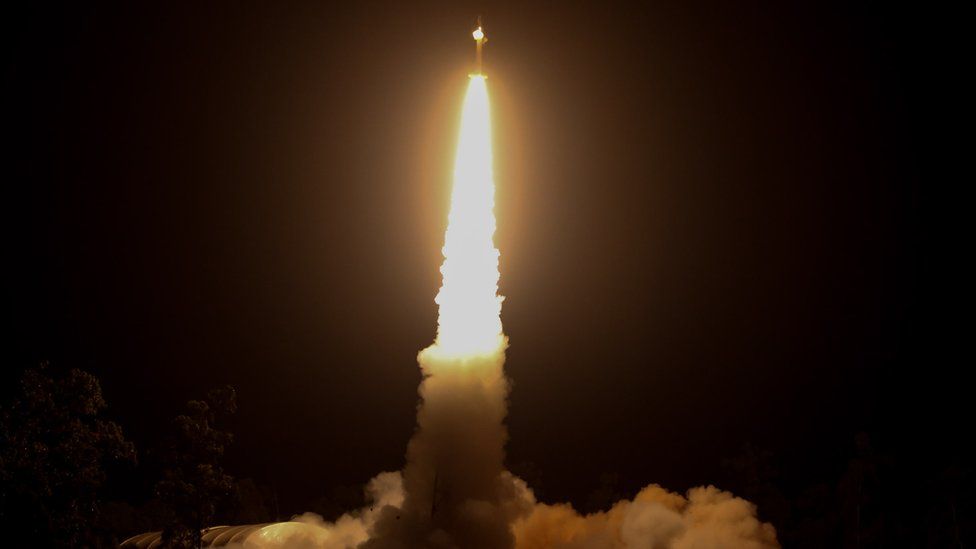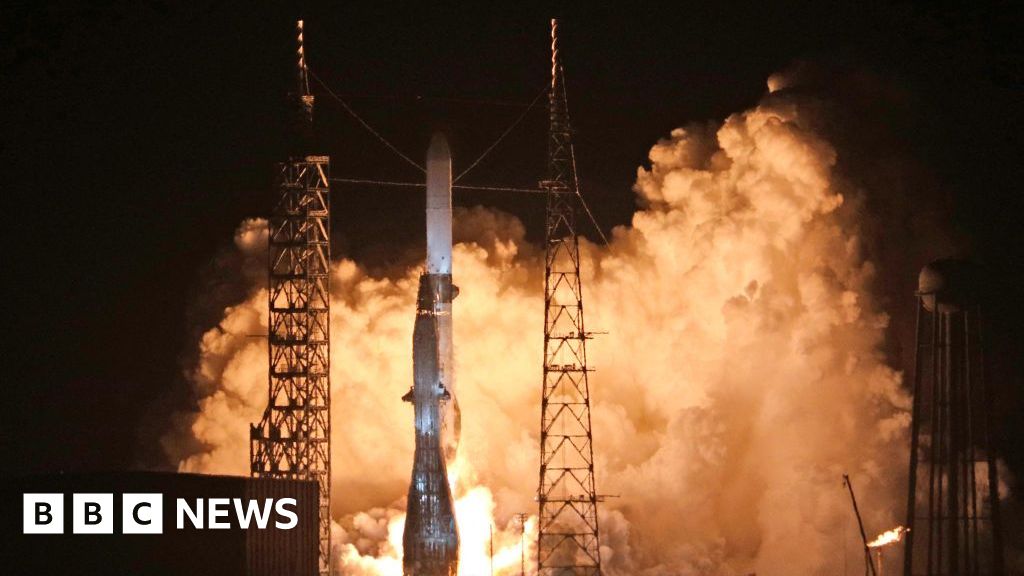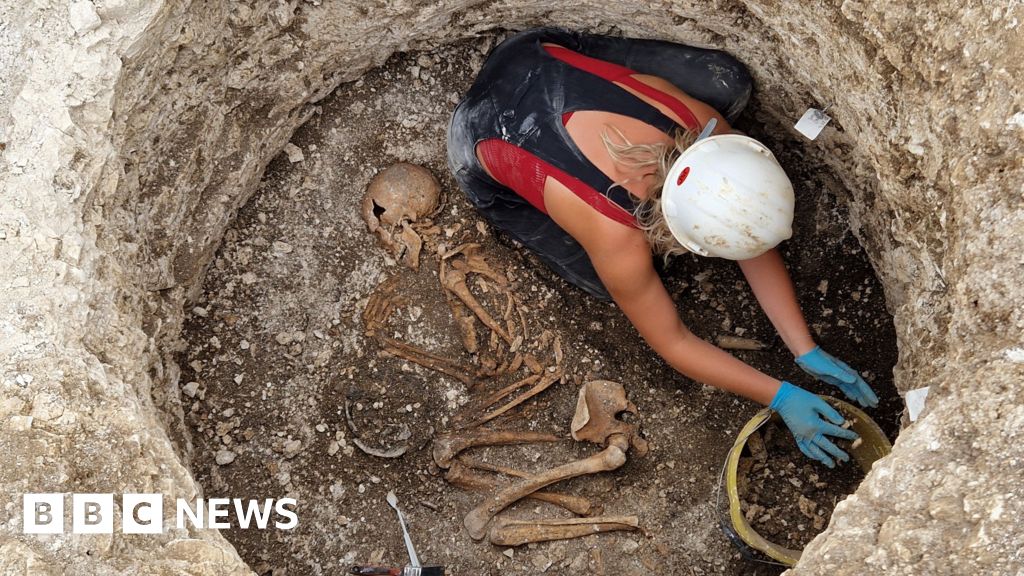ARTICLE AD BOX
By Tiffanie Turnbull
BBC News, Sydney
 Image source, NASA
Image source, NASA
It is the first rocket launch in Australia since 1995
An unassuming patch of red dirt in remote Australia has made history as the site of Nasa's first rocket launch from a commercial spaceport outside the US.
The sub-orbital rocket blasted off from the tiny site early on Monday local time.
It will enable astrophysics studies that can only be undertaken in the Southern Hemisphere, Nasa says.
The launch was also the first in Australia in more than 25 years.
The rocket is the first of three to blast off from the newly constructed Arnhem Space Centre on the edge of the Northern Territory.
Scientists hope it will help them study the impact of a star's light on the habitability of nearby planets.
Onlookers who travelled to the remote site glimpsed the rocket for only about 10 seconds before it entered the Earth's atmosphere.
"It was in the blink of an eye, but to me, it was like it was in slow motion because the whole area just lit up," Yirrkala School co-principal Merrkiyawuy Ganambarr-Stubbs told the Australian Broadcasting Corporation.
"It went up, and then the sound, it was just like a rumbling boom, like nothing I've ever heard. And I just shook with amazement."
The sounding rocket's tenure in space was similarly short - the 13m-long projectile fell back to Earth after a planned 15 minutes.
But experts believe the data gathered in that time will help illuminate the secrets of star constellations 430 million light years away.
"Without getting too deep into the science, it was effectively a large X-ray camera looking at various astrological phenomenon and trying to capture parts of boulders in the Milky Way and particularly the star cluster of Alpha Centauri," Arnhem Space Centre chief executive Michael Jones told the local network Nine.
Northern Territory Chief Minister Natasha Fyles hailed the launch as an "extremely proud" moment for Australia, adding it was conducted with the blessing of the region's Aboriginal traditional owners.
"Here on Yolngu land, young Territorians can look up at the sky and know what can be done," Ms Fyles said.
"When we see the oldest living culture combining with the science of space, as we have here, it's something we can all reflect on and be very proud."
Image source, NASA
Image caption,Nasa consulted with Aboriginal custodians of the land before the launch
The next launch is expected to take place on 4 July.
Nasa has pledged to collect all material and debris and return them to the US.

 2 years ago
33
2 years ago
33









 English (US) ·
English (US) ·